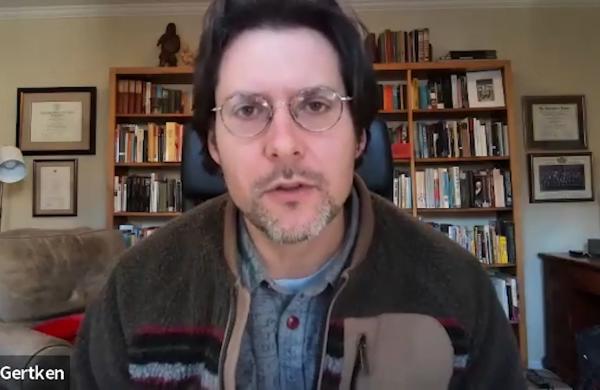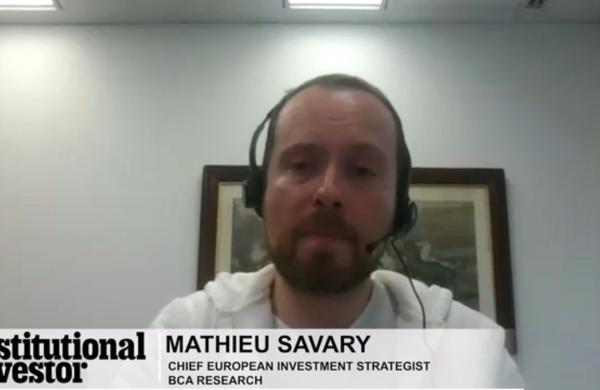Citi chairman and CEO Chuck Prince, a shrewd and circumspect lawyer by training, may just become the Yogi Berra of finance. The baseball legend was famous for the inadvertently sly genius of his malaprops and inverted aphorisms ("It ain't over till it's over"; "If you come to a fork in the road, take it"). Prince is demonstrating a fondness for homey sayings at offbeat times, famously telling the Financial Times early this summer, concerning the leveraged buyout mania, that when the music is playing, "you've got to get up and dance." When the music was turned off and Citi stopped dancing, he switched metaphors, explaining to the New York Times this month why he had decided to shake up the bank's leadership following the disclosure that it would take a $5.9 billion hit for credit write-downs and trading losses. "My job," he said, "is to put the best players on the field."
That was Yogi's job too, of course, after the New York Yankees catcher became a manager. But putting the best players on the field, not to mention deciding which fields to play on, isn't an easy job. And Prince has had his hands full with both tasks since he inherited the small country that is Citi from empire builder Sandy Weill fours years ago: jettisoning insurance businesses and money management operations while buying a Japanese brokerage and trying to find the right combination of senior executives, including a potential successor. His moves this month put Vikram Pandit, the former Morgan Stanley executive, close to the throne, or at least in the cleanup position in Prince's lineup -- in more than one sense.
These are difficult markets, fraught with risk and filled with potential: the uncertain impact of a credit crunch matched by the thrilling possibilities of economies like those of China and India. Discerning where to make bets or place players isn't just a task for chief executives like Prince, though. It's an everyday challenge for investors, as well.
For guidance, investors have long turned to Wall Street's securities analysts. In this issue we feature the 2007 All-America Research Team, the 36th annual edition of our exclusive rankings of the best sellside equities research analysts. Just as the markets have seen tumult and change in the past year, so too has our team: Twenty-one of the 67 categories have new first-team winners, and the rankings of the top firms have been shuffled (but you'll have to turn to page 49 to see those results).
Another change is the way we are delivering the results. This year we are unveiling the winners over several days on our Web site: institutionalinvestor.com. Please be sure to visit us there. We hope that you enjoy using our newly designed tools for combing through the results of this and our many other research teams and rankings. There you can also get a flavor of the wit and wisdom of some of our winning analysts, whose farsighted calls have helped investors through the market turmoil.




